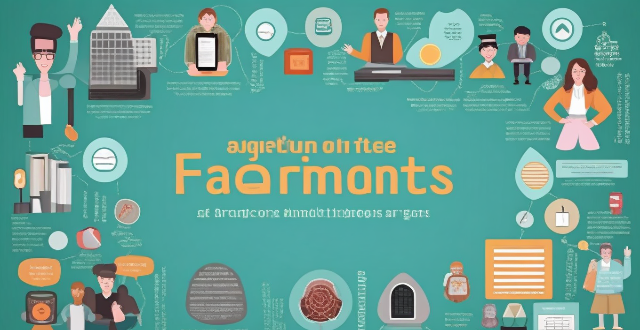Educational equity programs aim to provide equal opportunities for all students, regardless of their background or circumstances. Some successful examples include Title I, Early Head Start, Upward Bound, and TRIO Programs. These programs focus on addressing disparities in education by offering additional resources, support services, and professional development for teachers and students. Key features of these programs include funding based on need, comprehensive early childhood education services, academic support, mentoring, and financial aid counseling. Overall, these programs work towards creating a level playing field for all learners and promoting academic success and college readiness.

Successful Educational Equity Programs
Educational equity programs aim to provide equal opportunities for all students, regardless of their background or circumstances. These programs focus on addressing the disparities that exist in education and work towards creating a level playing field for all learners. Here are some examples of successful educational equity programs:
Title I: Improving the Academic Achievement of the Disadvantaged
Title I is a federal program that provides funding to schools with high numbers of low-income students. The program aims to help these students achieve academic success by offering additional resources such as tutoring, after-school programs, and professional development for teachers.
Key Features:
- Funding: Schools receive additional funding based on the number of low-income students they serve.
- Resources: Schools use the funding to provide extra resources such as tutoring, after-school programs, and professional development for teachers.
- Accountability: Schools must demonstrate progress in improving the academic achievement of disadvantaged students to continue receiving funding.
Early Head Start
Early Head Start is a federal program that provides comprehensive early childhood education services to low-income families with children from birth to age three. The program aims to promote child development and school readiness by offering a range of services including parenting support, health screenings, and nutrition education.
Key Features:
- Services: Comprehensive early childhood education services including parenting support, health screenings, and nutrition education.
- Accessibility: Services are designed to be accessible to low-income families with young children.
- Outcomes: The program aims to promote child development and school readiness.
Upward Bound
Upward Bound is a federal program that provides academic and support services to high school students from low-income families who have the potential to succeed in college but may not have the resources or guidance necessary to do so. The program offers tutoring, mentoring, and college preparatory courses to help students prepare for college.
Key Features:
- Academic Support: Tutoring and college preparatory courses are provided to help students improve their academic performance.
- Mentoring: Mentoring services are available to help students navigate the challenges of college preparation and application.
- College Readiness: The program focuses on preparing students for college by providing them with the necessary skills and knowledge.
TRIO Programs
TRIO Programs are a collection of federally funded programs that provide academic and support services to students from disadvantaged backgrounds who are pursuing postsecondary education. The programs include Talent Search, Student Support Services, and Upward Bound.
Key Features:
- Academic Support: Tutoring and other academic support services are provided to help students improve their academic performance.
- Career Counseling: Career counseling services are available to help students identify their career goals and develop plans to achieve them.
- Financial Aid: Financial aid counseling is provided to help students navigate the financial aid process and secure funding for their education.